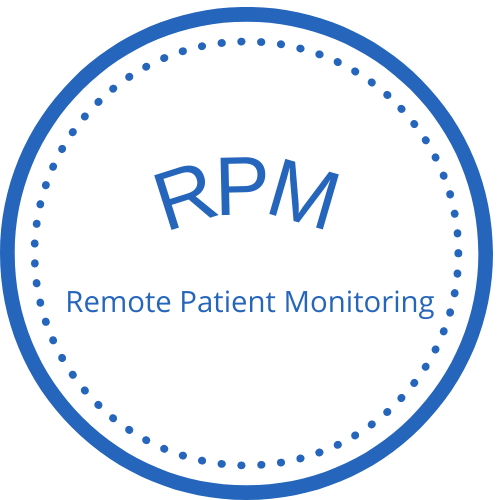- Homeland Security: new COVID prophylaxis treatment - December 16, 2020
- Chronic back pain: sick and tired - December 16, 2020
- Gut Health: You are what you eat - December 16, 2020
All excellent questions! The key to long, happy life lies in PREVENTATIVE medicine.
Regardless of your age, you should see a dentist every 6 months for a cleaning. X-rays should take place once a year, and let your dentist determine how often you need a maxillary CT. I had one 2 weeks ago, and my dentist discovered my molars go all the way into my maxillary sinuses – a very useful thing to know if I ever start developing sinus infections. I have patients that wince into my office daily with ear and facial pain all caused by tooth related problems. Our nerves refer that pain to different places in our body. Abscess and chronically rotting teeth act as a breeding ground for bacteria, which can travel to your heart, and grow on the valves. Many surgeons may postpone any cardiac procedures until dental issues have been resolved.
Everyone should see their optometrist once a year. Not only do they evaluate our vision, but they look into the globe to scan for healthy looking blood vessels and our optic nerve. Sometimes they can pick up if you have a retinal tear, among many things. Early referral to an ophthamologist is vital for saving your vision, if it’s at risk. Don’t want until you need an ER visit for an eye emergency. It takes some of my patients up to a YEAR to see an opthamologist for urgent issues.
A hearing exam is typically done once when we’re in elementary school. Patients may require a hearing test for getting a Commercial Drivers license, but otherwise hearing is not typically apart of routine screening. For my patients that do mention hearing loss, I first check to evaluate their ear wax burden. I have pulled enormous nuggets out of ears, to both our horror. If I believe a patient truly has hearing loss, we can do a quick audiometry testing in the office. If they’ll need hearing aids, most docs will refer patients to see an audiologist.
For general health, it’s best to see your primary care doctor once a year, for routine cholesterol and fasting blood sugar checks.
-Danielle Kelvas, MD



